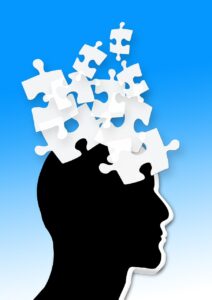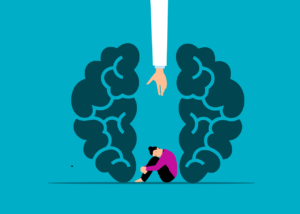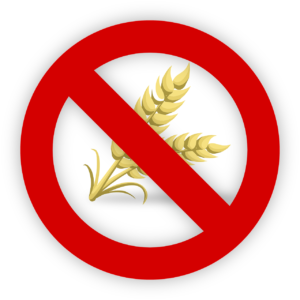A stroke is a medical emergency that occurs when there is a sudden interruption in blood supply to the brain, leading to the death of brain cells. Recognizing the early signs of a stroke is crucial for prompt medical intervention, as time is of the essence in minimizing potential damage and improving outcomes.
1. Numbness or Weakness
One of the most common early signs of a stroke is sudden numbness or weakness, often occurring on one side of the body. This can manifest in the face, arm, or leg and may be accompanied by difficulty in controlling or coordinating movements.
2. Confusion
Stroke can impact cognitive function, leading to confusion or trouble understanding information. Individuals experiencing a stroke may struggle to comprehend spoken or written language, affecting their ability to communicate effectively.
3. Trouble Speaking
Difficulty in speaking, forming coherent sentences, or slurred speech can be indicative of a stroke. The impairment of language function is a critical symptom that requires immediate attention.
4. Visual Disturbances
Sudden loss or blurring of vision in one or both eyes can signal a potential stroke. Visual disturbances may range from partial blindness to complete loss of sight, underscoring the need for swift medical assessment.
5. Severe Headache
An abrupt, severe headache with no apparent cause could be a warning sign of a stroke. This type of headache is often described as the worst pain ever experienced and may be accompanied by dizziness or vomiting.
6. Dizziness and Lack of Coordination
Dizziness, difficulty maintaining balance, and a sudden lack of coordination are early indicators of a stroke. These symptoms may contribute to falls and can be especially dangerous if left unaddressed.
7. Facial Drooping
Facial drooping, particularly on one side of the face, is a characteristic sign of a stroke. If a person is unable to smile symmetrically or one side of the mouth sags, it is crucial to seek immediate medical attention.
8. Sudden Behavioral Changes
Stroke can lead to abrupt changes in behavior or mood. Individuals may experience heightened irritability, agitation, or emotional instability. These behavioral changes can be alarming for both the affected individual and those around them.
Seeking Immediate Medical Attention
It is imperative to emphasize that if any of these early signs are observed, immediate medical attention should be sought. Time is a critical factor in stroke treatment, and every minute counts in preserving brain function and preventing long-term disability.






